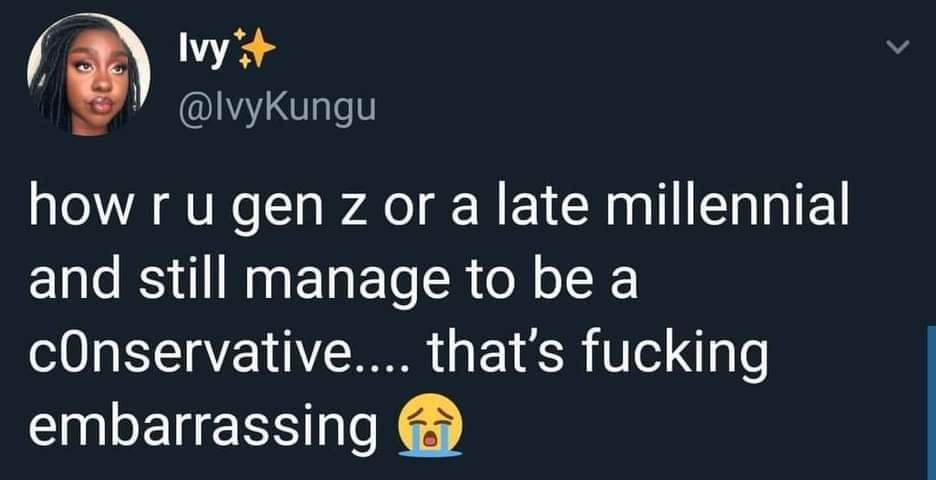this post was submitted on 19 Mar 2024
1578 points (94.7% liked)
Microblog Memes
6036 readers
1876 users here now
A place to share screenshots of Microblog posts, whether from Mastodon, tumblr, ~~Twitter~~ X, KBin, Threads or elsewhere.
Created as an evolution of White People Twitter and other tweet-capture subreddits.
Rules:
- Please put at least one word relevant to the post in the post title.
- Be nice.
- No advertising, brand promotion or guerilla marketing.
- Posters are encouraged to link to the toot or tweet etc in the description of posts.
Related communities:
founded 1 year ago
MODERATORS
you are viewing a single comment's thread
view the rest of the comments
view the rest of the comments

They are not. They are common sense policies supported, at least on paper, by both left and right in most parts of the world. The first modern welfare state was created by Otto von Bismarck, not exactly a socialist.
Also, socialism in the traditional sense implies some form of public ownership at least of key industries and large companies, which would render corporate regulation a moot point.
He did that with the explicit goal of undermining his socialist opponents (so people wouildn't have a reason to support them)
In regards to your second point, lol no. That would be communism. I'm glad that you think left wing policies are common sense though? Most of us heavily agree which is why seeing the proliferation of conservatism is disheartening.
I know, which is why I said 'at least ln paper'. But a welfare state improves the productivity of workers and soldiers, and Prussia (and Bismarck in particular) did enact many other reforms with this objective.
I understand communism to be worker control of (all) the means of production. Socialism is of course much more broad, but in general it would involve public / state ownership of at least key industries and any companies that are 'too big to fail'.
Bruh. That statement by Marx is an ideal, a metaphor for revolution. No country's populace has ever controlled the means of production. In fact if you want to take that literally, capitalist societies have for more control over industry than socialist ones do. Modern communism is generally seen as where the government controls the distribution of property. In this sense not even Russia is communist anymore.
And I wouldn't conflate them because most socialists would be pretty offended to be identified as communist. The average socialist likes Denmark and Sweden. Not Cuba or something.
Yes to both. Countries calling themselves communist aspire to communism. Not even they claim to be fully communist; if I remember correctly, they call it 'actually existing socialism', which acknowledges that most industry is controlled by the state, rather than workers. They say they will return control to the workers once the conditions are ripe, but so far this has happened only in a handful of sectors. Very few people willingly give up power.
Communists are a subset of socialists. Technically you might be wrong, because the Chinese communist party probably has more members than all other socialist parties in the world put together, but I get what you are saying.